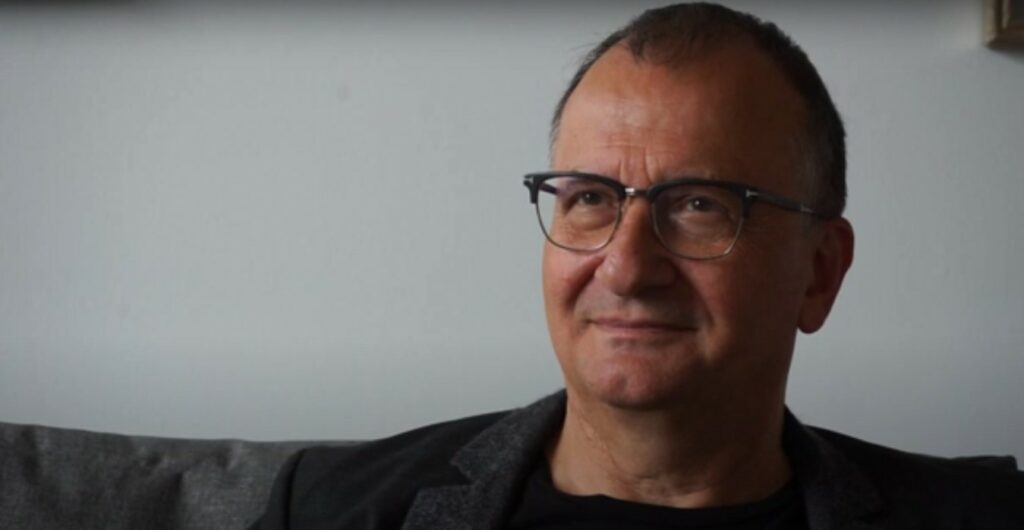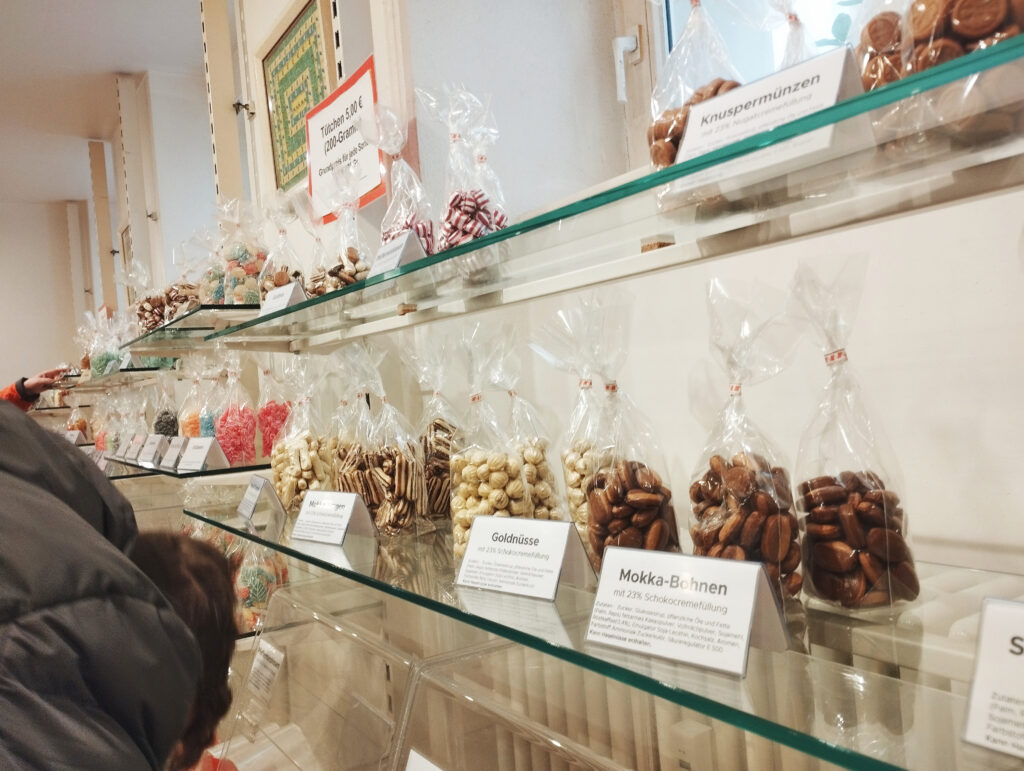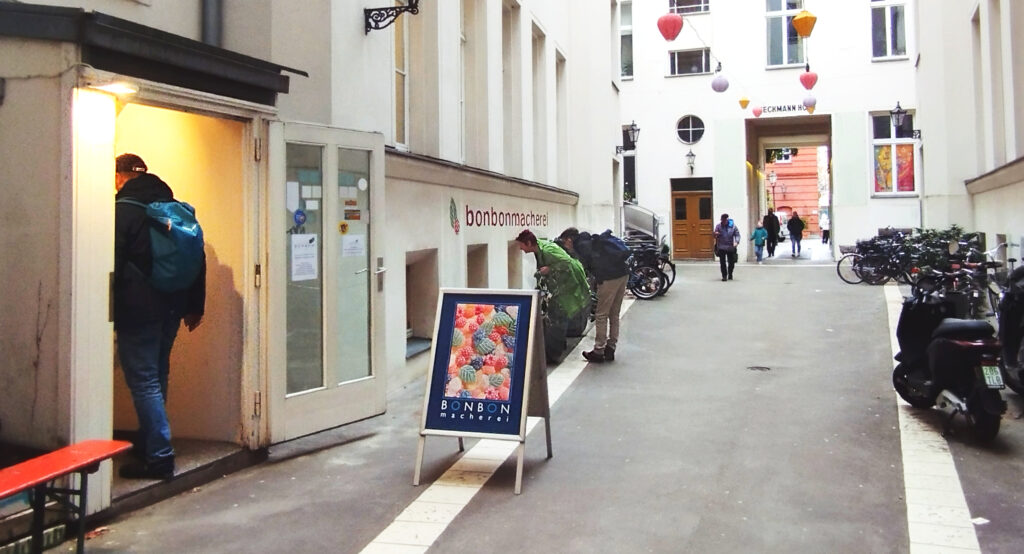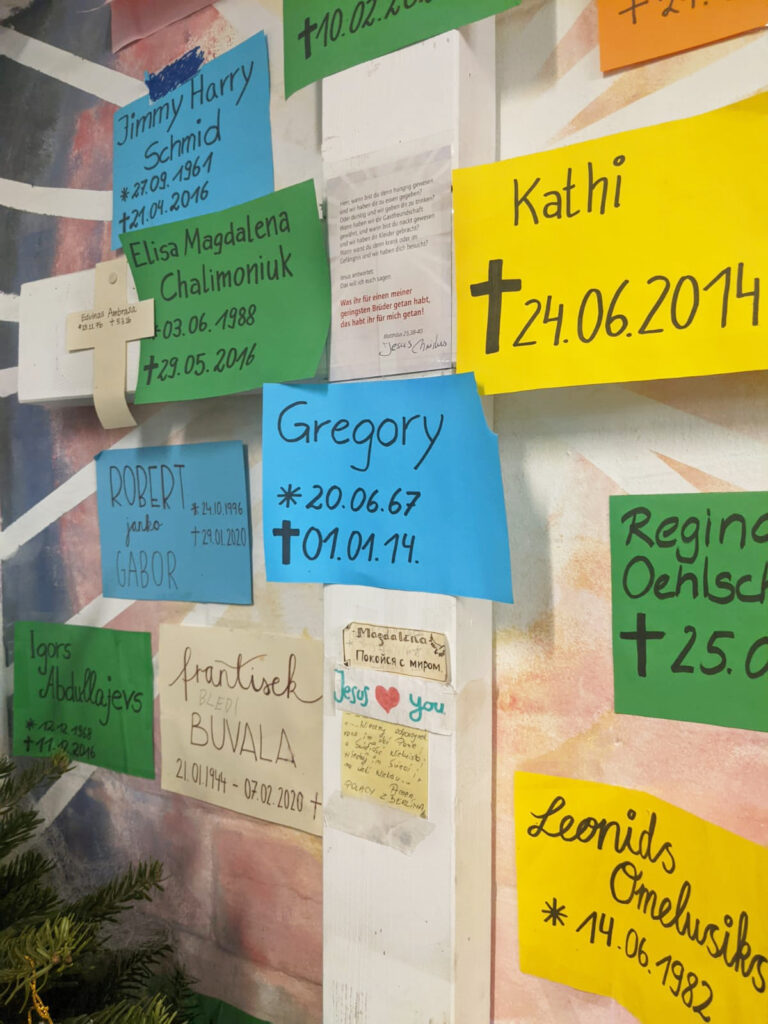by Lisa Maria Krause and Jennifer Selby

Martin Klingst is a retired journalist and political commentator from Germany. After studying law, he became a transatlantic correspondent for media outlets such as NDR, Deutsches Allgemeines Sonntagsblatt, and Die Zeit. He has also worked as the Head of Strategic Communication for the German president. Lisa Maria Krause and Jennifer Selby talked with Klingst about his journey into the profession, the current state of journalism, and what AI means for the future of the media.
How did you get into journalism?
It was by serendipity. I am a full-trained lawyer – I was always interested in law and politics and also in foreign affairs. While I was assisting a professor at the University of Hamburg to write political commentaries, he told me that I might make a good journalist. I applied for an internship at the North German Broadcasting Corporation and got rejected at first, but then secured a two-week apprenticeship and a job there shortly afterwards. I didn’t stay very long because I found a newspaper that was looking for a lawyer as a legal commentator. From there, I went into foreign affairs. I covered the Balkan Wars, then became their senior political editor, before I changed to Die Zeit, Germany’s largest weekly paper.
What was your first experience like in the United States?
In 1971/72, I was an exchange student with Youth for Understanding. At the time, I didn’t know very much about the United States. We all gathered in a little college in Michigan, and most of the exchange students found out they would stay in the Midwest. They said to me, “Martin, you’re gonna go to Colorado.” There was a big map and somebody asked, “do you like to ski?”. I said, “yes”. “Oh, that’s great because you’ll live close to the Rocky Mountains”. I stayed there for a year. I only called my family once at Christmas because it was horribly expensive. You had to call an operator and wait for about two hours to be connected. So, we just wrote letters. It took about 14 days. Between my letter and the answer, there were at least four weeks.
And later you wanted to go back…
Yes, I went back a couple of times. In 2006, I went to Harvard, where I was a fellow for a short time. That was a year before I knew I was going to be the US correspondent for my paper. I was a political editor for 10 years, and then I became a correspondent for seven years, based in Washington D.C.
How has journalism changed since you started in the field?
When I was in the United States, from 2007 to 2014, there was a big media crisis. Especially a crisis of print media. A lot of local papers closed or were forced to close because of a lack of revenue. Others went just digital. I saw how devastating the situation was, and it has not become much better. Some papers have progressed. I think The New York Times is doing fairly well. But others are struggling. I just heard today that the Washington Post is also still struggling, even though they have their big owner, Jeff Bezos.
What is the cause of this?
I think it’s a total change of behavior and reception of the media. Print papers are probably going to die, but digital subscriptions might work better. People are more on the internet. They read bits and pieces, not a whole paper. In former times, you looked at the paper and you were surprised to read this and that. People nowadays tend to look for specific things.
Another problematic thing is what you see in the United States: even news is becoming more like entertainment than just information. I think this is feeding partisanship. People tend to watch or listen to news in order to picture their own opinion. They don’t look for others’. This is a tendency I’m a bit afraid of, because it narrows the field of opinion.
Do you think this impacts the way journalists report news?
Yes, I think there’s nothing like a totally objective or neutral view because everyone is formed by his own biography, by the things he sees and the things that matter to him or her. But I at least always try to step back and look at things a second or third time and ask, ‘is my opinion right? Are the facts right?’ Pure analysis or fact telling is on the decrease. This is something I sometimes regret. When I look at TikTok or other social media it’s about influencing, about advertising opinions, showing trends and personalizing or emotionalising things.
How critical or independent would you say journalists are nowadays?
I think they’re critical. I think independence is something that is probably threatened – mainly by big media companies. When I look, for example, at Murdoch’s empire and see how they try to frame political messages and what kind of journalists they employ; I think this is critical. I still remember when Tony Blair became Prime Minister of Great Britain, how he tried to become friends with the Murdoch family because they were so influential in the British media and he knew that he probably could not win without creating some kind of relationship. This is very problematic.
Do you think there should be greater restrictions on who can call themselves a journalist?
Well, it’s not a protected profession, so everyone can call themselves a journalist. I would not change that. It’s different when you are a doctor or a lawyer and you need to know the basics. As a journalist I can go wrong and say ‘I’m a photographer now’ because I know how to handle a camera. But no, I would not start creating some kind of basic criteria that would exclude people. I think this could be dangerous. I think that the good ones will succeed, the bad ones will fail.
Do you think that’s true, given what you said about journalists becoming more partisan?
No, there is a downside to what I said. It’s not only true that only the good ones succeed and the bad ones fail. There’s also a lot that I would consider bad and partisan that succeed, as you can see now. Especially in the United States, where the media has become so biased, and the talk shows are just campaigners. Take for example Tucker Carlson and his fight with Fox News. It’s awful that they replicated the lies and said that Trump actually won, even though they knew that was false. But it was welcomed and it paid and I think this is just terrible.
How has technology changed journalism?
You see dramatic changes. I think a lot of journalists nowadays need to multi-task. They have to write. They might use a video camera, they have to be on social media and advertise what they’re doing. This is a trend you probably cannot stop, but it sometimes also threatens the focus on something. When I was based in Washington, D.C., my paper asked me to videotape my interviews. I started doing that and then stopped because the moment I used the camera, people were not talking as openly anymore or were correcting themselves. When they talk just with a tape recorder or you write down what they’ve said, they’re more open.
How does AI such as ChatGPT change journalism, especially for those who want to become journalists?
I think that some parts of the media will be taken over by artificial intelligence. Probably the news, also some analytical articles. I think what will not be substituted by AI is features because you need someone that goes out, looks at people, travels, and tells what he sees. We cannot foresee what happens in the future. It could be good, but in any case it will dramatically change the profession.
Could AI even increase the need for journalists?
Oh yes, certainly. AI will have failures. AI is only as good as the data it’s fed with. I think it’s also very important to see who is feeding the data. Is it only white men that feed the data, or do you also have women feeding the data? Do you have a diverse range of people? Because different people will look at things differently, and have different data. It’s a different algorithm that comes out when you also have women and people of color and other minority groups. I think this is also very important for the media to look at: who’s the master of the data.
Is there any advice that you’d give to young journalists just starting their careers?
Don’t let yourself be threatened by the difficulties. The media will always be there. It will change, but it will always need people: bright people, people that are independent and don’t take for granted what others tell them. Self-criticism is also essential. In my time working as the Head of Strategic Communication for the German president, I learned some humility. I saw how difficult political decisions are, that politicians have to balance many different interests and often come to a compromise because in the end they cannot satisfy everyone. As a journalist, you should always consider that they’re not only stupid on the other side. It’s good to step in the other’s shoes in order to get a better insight. This is what I would like to tell my journalist friends: don’t draw conclusions too easily.








